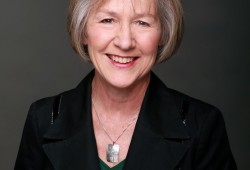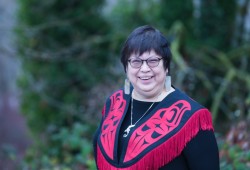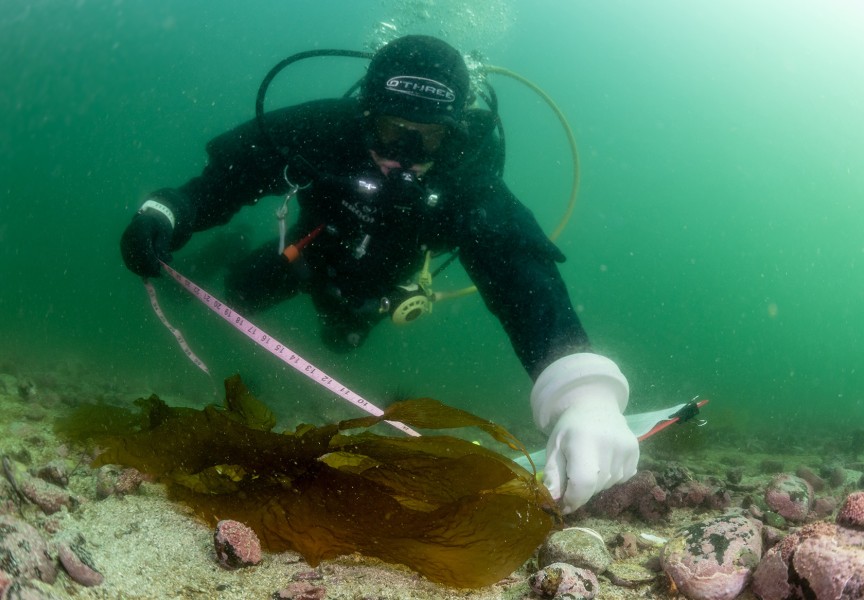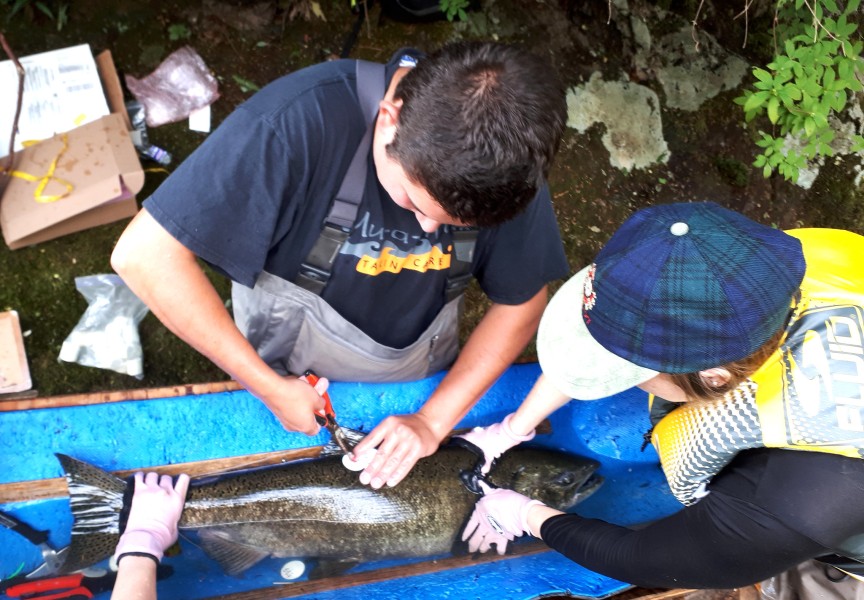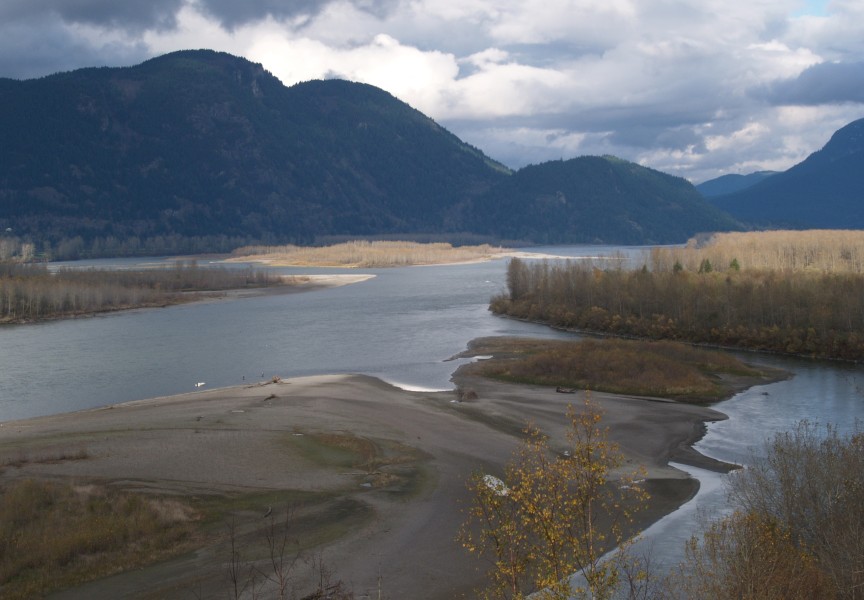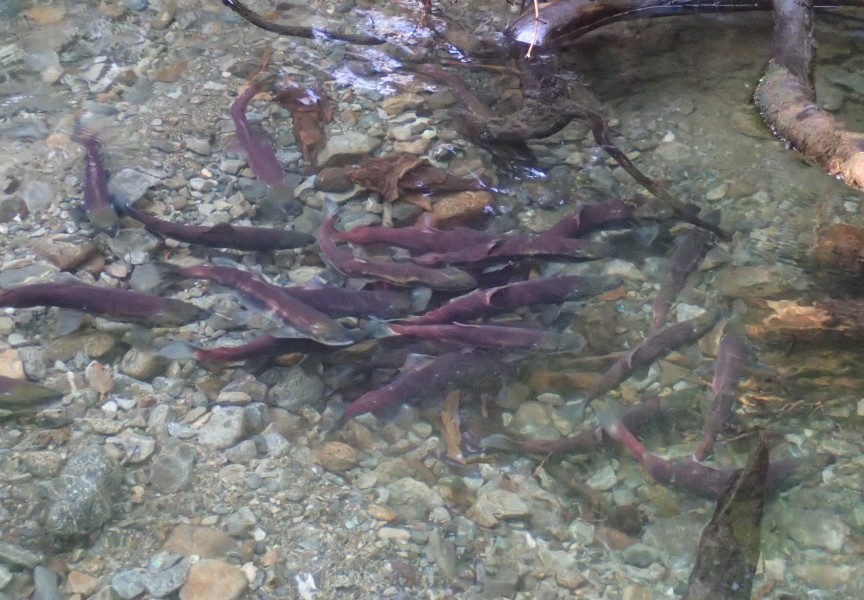The prime minister’s recent mandate letter to the new DFO minister speaks of the need to “advance consistent, sustainable and collaborative fisheries arrangements” with First Nations, but some Nuu-chah-nulth leaders believe that the federal department has a long way to go until the relationship is a partnership.
On Dec. 16 Justin Trudeau issued the formal directive document to Joyce Murray, who was appointed minister of Fisheries and Oceans Canada after the Liberals’ minority government win in the fall. The mandate letter sets out an ambitious combination of goals, including protecting 25 per cent of Canada’s oceans and transitioning away from net-pen fish farms in three years, while growing the country’s ocean-based economy and working in partnership with Indigenous peoples.
The mandate given to Murray in her new role includes the priority to “Advance consistent, sustainable and collaborative fisheries arrangements with Indigenous and non-Indigenous harvesters.”
Representatives with the Tseshaht First Nation met with Murray in December at a Vancouver DFO office to discuss this issue as it relates to Somass River fisheries. While the Tseshaht and Hupacasath have had Economic Opportunity agreements with DFO for most of the last three decades, stalled negotiations in in the summer of 2020 led to an estimated $1.25 million in lost revenue when the Tseshaht were not permitted to catch and commercially sell chinook salmon caught from the Somass.
“We were just looking for the mandate to get an agreement again this year,” said Tseshaht Chief Councillor Ken Watts, who is hopeful of how discussions will progress, given that Murray is a West Coast MP from Vancouver. “I’m excited that the minister is from B.C., I think it helps to have a better understanding.”
While the Tseshaht had Economic Opportunity agreements with DFO last year, negotiations with other Nuu-chah-nulth nations collapsed to the point that hereditary chiefs issued a call for their people to fish according to their First Nations’ own plans – not what was assigned by Fisheries and Oceans Canada. This affected the fisheries of Ahousaht, Hesquiaht, Ehattesaht, Tla-o-qui-aht and Mowachaht/Muchalaht.
“I have been continually shocked with the various allocations of fish species that the federal government has deemed appropriate,” said Hasheukumiss (Richard George), a hereditary chief with the Ahousaht First Nation, in press release issued in early August 2021. “The DFO and the rest of Canada need to understand that our traditional territories, and the resources within, are ours to manage.”
With allocations yet to be assigned, Nuu-chah-nulth Tribal Council President Judith Sayers expects that continued advocacy will be required until the federal department better recognizes territorial jurisdiction on the west coast of Vancouver Island.
“I think we’re just going to have to keep pushing,” she said. “If the chiefs again have to authorize another fishery, then I think they need to do that until we actually get people to the table talking seriously to us about our rights.”
A sticking point remains the proposed Tang.ɢwan-ḥačxʷiqak-Tsig̱is Marine Protected Area, also known as the Pacific Offshore Area of Interest. Four times the size of Vancouver Island along the western edge of Nuu-chah-nulth territory, this massive area is being prioritized by the federal government to help meet the Liberals’ goals of protecting 25 per cent of Canada’s oceans by 2015, and 30 per cent by 2030. If approved, the MPA would help protect biodiversity in the offshore region by restricting activities like bottom trawling, oil and gas exploration, as well as seabed mining.
“This marine protected area is very important to her to fulfill her mandate,” said Sayers, after having a meeting with Murray regarding the proposed MPA on Jan. 20. “I’m kind of concerned.”
This concern comes from the fear that First Nations will be left out of the consultation process while the federal government pushes ahead with the MPA plan. Sayers noted that the DFO minster said that Nuu-chah-nulth jurisdiction is limited to a distance of nine miles offshore, thereby not crossing into the Offshore Area of Interest. Highly contested within Nuu-chah-nulth communities, the nine-mile limit is a stipulation set in the Ahousaht et al. court case, most recently upheld by the B.C. Court of Appeal last April.
“If you want a Marine Protected Area, we want a joint management, collaborative management structure,” Sayers said, adding that the Haida Nation already have this in another agreement they made with DFO. “It’s already out there, and they don’t want to allow it. It’s really important for us to protect Nuu-chah-nulth’s portion of that territory and make sure that there aren’t any ecosystems that are destroyed.”
The prime minister’s mandate letter to Murray also mentions transitioning from “open net-pen salmon farming in coastal British Columbia waters by 2025”. Each year this industry contributes $1.5 billion to B.C.’s economy, supporting approximately 7,000 jobs in coastal communities, according to the BC Salmon Farmers Association.
It’s yet to be clarified how the government plans to accommodate for the economic shortfall of transitioning away from this growing industry. But despite the threatened state of many salmon stocks on the West Coast and the risk of commercial fisheries closures - as was implemented last summer – expectations remain to “support the long-term sustainable growth of Canada’s fish and seafood sector,” according to Trudeau’s mandate letter.
“I would be very cautious about that,” Sayers commented. “The new Pacific Salmon Strategy Initiative is also talking about shutting down commercial fisheries – and at the same time they’re talking about the ‘blue economy’. I don’t know exactly how they intend to do a blue economy.”
The blue economy represents a growing international concept that business potential lies in the ocean, and can be tapped in an environmentally responsible manner.
“Growing a sustainable blue economy requires a strategy to create jobs in coastal communities while ensuring our oceans remain healthy,” states the DFO on its website.
“First Nations can lead the blue economy,” said Watts. “Our First Nation is a prime example of that. We bring in $1-5 million into local economies through individual fisheries and families.”
The Tseshaht’s elected chief sees other opportunity beyond what the nation harvests each year from the Somass.
“That’s just salmon, think about if First Nations led the way in other fisheries as well in their economic opportunities,” he said. “I think the opportunities are endless.”
Trudeau’s letter notes that each of his ministers are being directed to implement the United Nations Declaration on the Rights of Indigenous Peoples, while working in partnership with First Nations.
Although Fisheries and Oceans Canada is far away from attaining this, there has been some progress, said Watts. Over the last year he has seen support from the federal department for beach cleanups in Tseshaht territory.
“I have to be hopeful that things will continue to get better with DFO - but make no mistake about it, its an uphill battle, I think for all nations,” he said. “I do feel like things are changing slowly. Are they as fast as they could be in terms of respecting Indigenous title and rights? Probably not, but progress is progress.”


